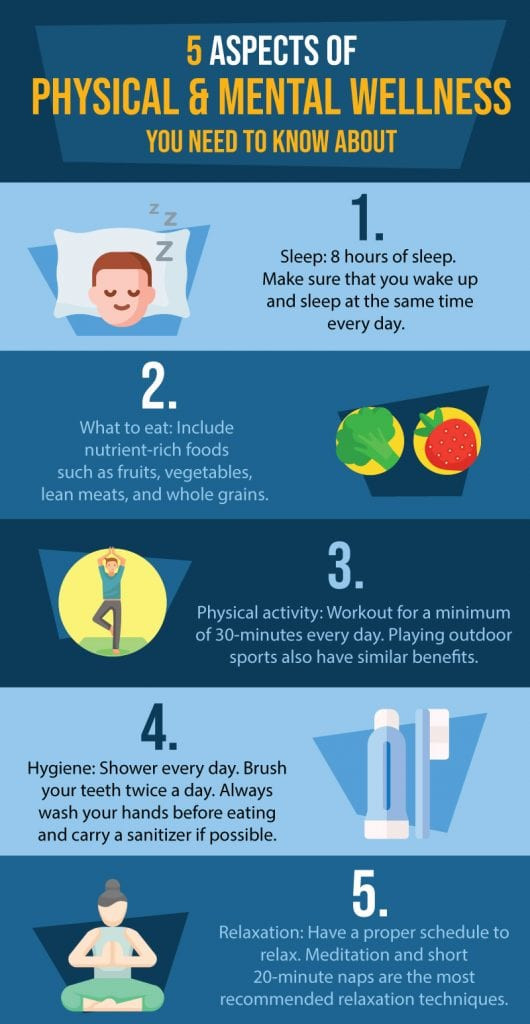Men Prioritize Physical Fitness Over Mental Wellbeing: A New Study Reveals a Striking Trend
A recent study conducted by Vitabiotics Wellman has unveiled a significant trend in men's health priorities. While men acknowledge the importance of both physical and mental well-being, the study reveals a stark preference for physical fitness over mental health.
The survey, which included 1,000 men, found that only 43% frequently contemplate their mental state, compared to 53% who regularly consider their physical fitness. This suggests a clear bias toward physical health, raising concerns about the potential neglect of mental well-being among men.
The Perception of Physical Health
The study shed light on the factors men associate with physical health. The top three factors were:
- Having lots of energy (54%): This suggests that men perceive vitality and stamina as crucial indicators of physical health.
- Low body fat (48%): The emphasis on lean physique reflects societal pressures and the importance men place on achieving a desired physical appearance.
- Being able to exercise without getting tired (47%): This reinforces the idea that physical endurance and stamina are key markers of good health.
The Importance of Holistic Well-being
Despite the focus on physical fitness, the study also underscores the vital role of mental health in overall well-being. A spokesperson from Vitabiotics Wellman emphasized, "Many men are accustomed to pushing through physical and emotional challenges, and while strength is admirable, prioritizing both body and mind is crucial."
The spokesperson further elaborated, "Mental health is as foundational to our well-being as physical fitness, impacting our resilience, relationships, and overall quality of life. Embracing mental health care doesn't mean compromising on physical goals or strength - instead, it enhances our ability to perform at our best in all areas."
Barriers to Maintaining a Healthy Lifestyle
The study also highlighted several barriers that prevent men from prioritizing their health. Notably, almost half of the respondents (48%) expressed concerns about lacking the motivation to achieve good health. This lack of motivation is often attributed to various factors, including:
- Lack of time: A significant 31% cited time constraints as a major obstacle, reflecting the demands of modern life and the difficulty in finding time for exercise and mental health practices.
- High costs: A considerable 28% believed that the costs associated with maintaining a healthy lifestyle, including healthy food, gym memberships, and sportswear, were prohibitively expensive.
Striking a Balance: The Path to True Health
The study's findings underscore the importance of striking a balance between physical and mental well-being. True health is not merely about physical fitness; it encompasses a holistic approach that prioritizes both the body and the mind. The study serves as a stark reminder that men need to pay greater attention to their mental well-being and embrace the benefits of mental health care.
Looking Ahead: A Call for Change
The study's findings should serve as a call for change, both individually and societally. Men need to recognize the interconnectedness of physical and mental health and make a conscious effort to prioritize both. This includes seeking mental health support when needed, engaging in stress management techniques, and fostering healthy coping mechanisms.
Furthermore, society needs to actively promote a culture of holistic health that encourages men to prioritize their mental well-being without fear of judgment or stigma. It is crucial to break down the traditional barriers that prevent men from seeking mental health care and creating a more supportive environment where men feel comfortable addressing their mental health needs.
By acknowledging the importance of both physical and mental well-being, men can take a proactive approach to their health and live fulfilling and balanced lives.

















